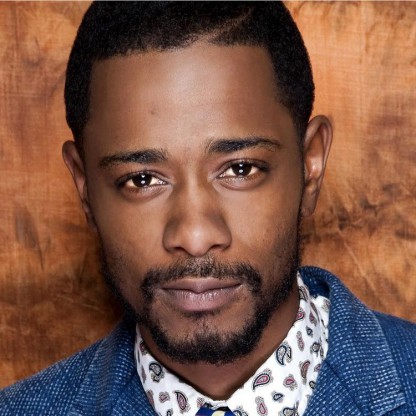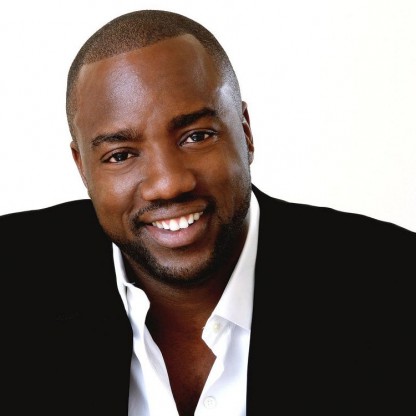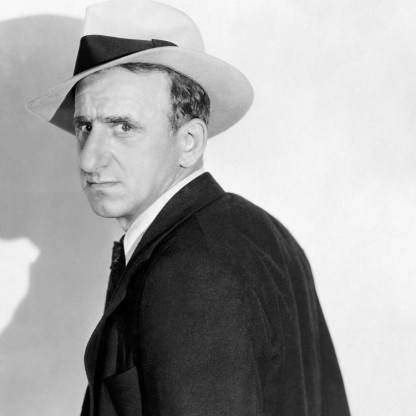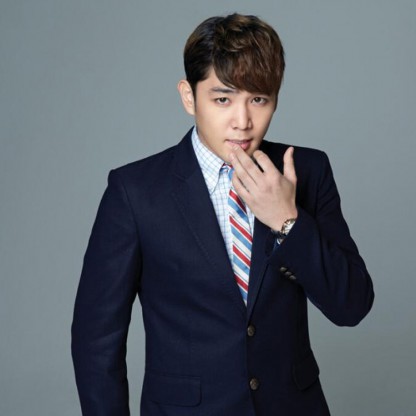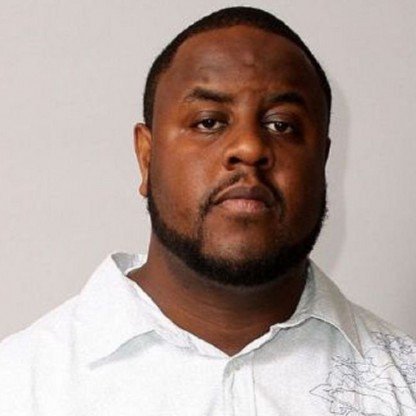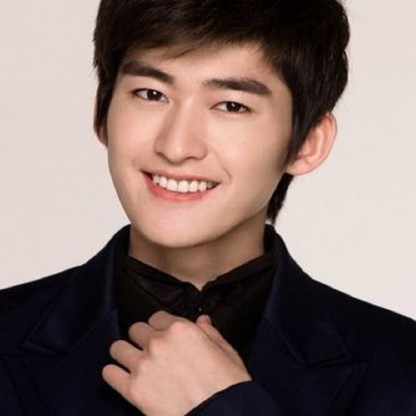Although he has never married, Richard has rarely lived alone. For many years he shared his main home with his charity and promotion schedules manager, Bill Latham, and Latham's mother. In 1982, Richard described them as his "second family". Latham's girlfriend, Jill, also lived at the house in Weybridge, Surrey, with them for a time. In 1993, Bill Latham said of Richard's bachelor status: "His freedom has meant that he has been able to do much more than if he had a family. He always goes the extra mile. If he was to have a relationship, he would give it everything. So because his commitments have been his career, his faith, and more latterly, tennis, he has given himself wholeheartedly to those three activities."
